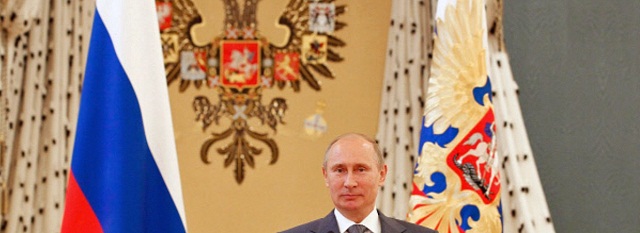Dumitru Minzarari (Via Fair Observer) | s the world discusses the sudden cessation of fighting between Armenia and Azerbaijan in the disputed region of Nagorno-Karabakh and the deployment of Russian “peacekeepers” to the region to monitor the truce, one critically important question is overlooked: Why did Russia not discourage Azerbaijan’s military offensive? A powerful security rationale implies a strong Russian interest in deterring a war that might change the regional status quo. Preserving a favorable status quo, by strategic logic, is the central security interest of a regional hegemon like Russia.
The six-week-long war has instead weakened Armenian control over Nagorno-Karabakh, which had endured for over two decades only because it served Russia’s interests. The risk of spillover across the volatile Caucasus presents another security threat to Russia. The war has altered the balance of interests in the region — unfavorably for Moscow — creating openings for regional interventions by Turkey, the United States and others. So what objectives are worth the Kremlin taking such risks?
Controlled Chaos
Russia’s ultimate goal in the post-Soviet space is to politically reintegrate its former satellites into an interstate union. Yet its attempts to achieve this over the past three decades have produced only failures. The most recent experience with Belarus suggests it might be possible in a case where an authoritarian leadership feels extremely threatened. Heightening insecurity in the population has historically been another favorable condition for political integration. Moscow’s ability to put pressure on Armenia’s Prime Minister Nikol Pashinyan has been limited.
A recent report reveals that the Kremlin views Pashinyan as a “Soros appointee” and accuses him of “promoting pro-American politicians.” The Kremlin’s Armenia desk apparently receives its information from agents representing actors Pashinyan excluded from power. They discreetly sold to the Kremlin the idea that Pashinyan needs to be replaced by a more loyal politician.
The war and the Azeri territorial gains in and around Nagorno-Karabakh create a context favorable to Russia. First, it allows blame for defeats to be projected onto Armenia’s leadership. Russian media have broadcast statements from Russian political and security experts asserting that Pashinyan is responsible for both the war losses and Russia’s restrained reaction in the conflict on account of his unfriendly attitude toward Moscow and his favoritism towards the West. They also promoted claims concerning mounting domestic opposition. These signals suggest that Russia’s first goal is to bring to power a more loyal Armenian prime minister.
Read More:





